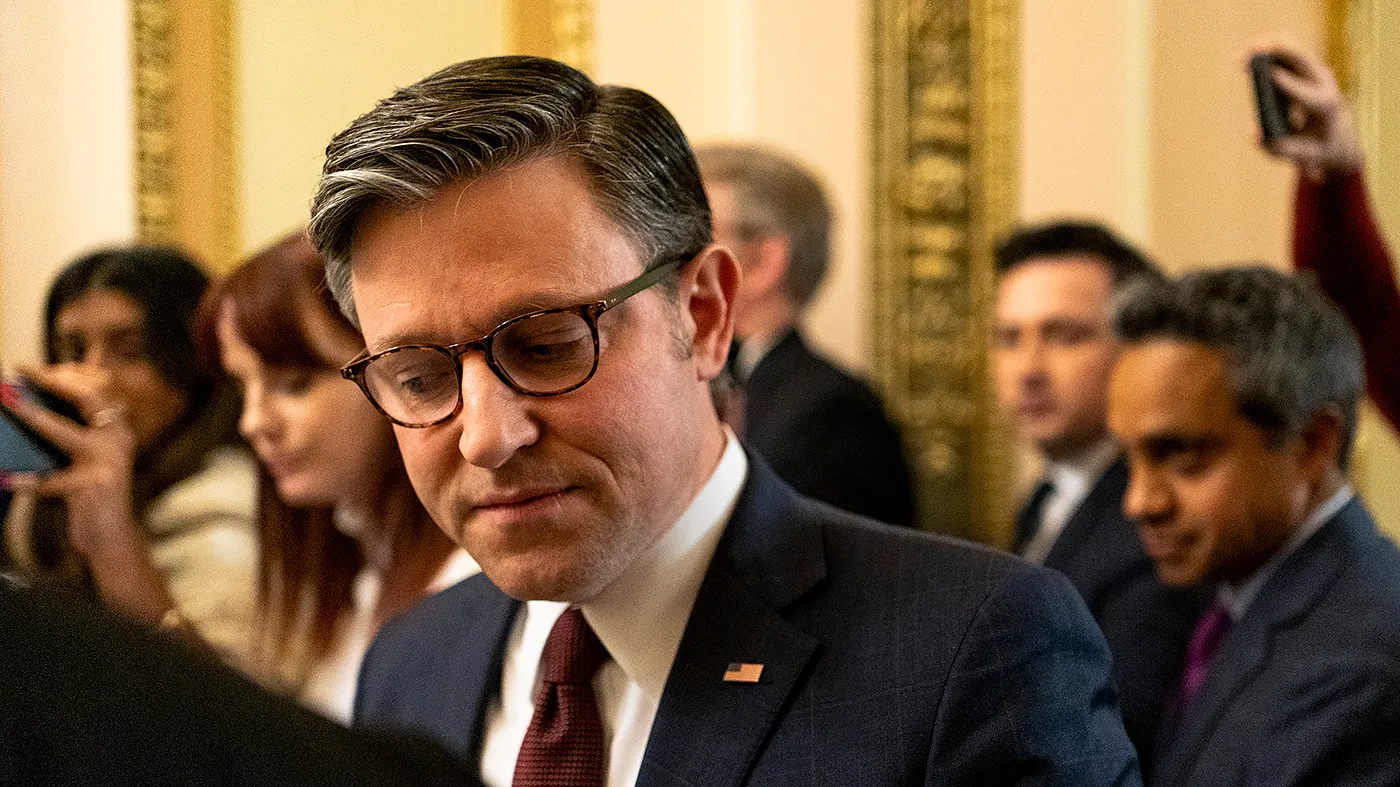For the first time in over a decade, less than half of Americans – 48% – believe it is sometimes necessary to relinquish freedom to the government in exchange for protection from terrorism, according to an AP-NORC poll published on Thursday.
Half of the poll’s 1,081 respondents countered that sacrificing one’s rights was never necessary for security. When the pollster asked the same questions in 2011, nearly two thirds (64%) had accepted the possibility they might have to jettison their liberty to fight terrorism, with one third disagreeing.
Declining trust in US intelligence agencies and their leadership appeared to play a significant role in the shift. Just 18% of poll respondents said they had “a great deal of confidence” in the leaders of the intelligence community, and while 49% had “some” confidence, nearly a third (31%) had hardly any.
The sharpest decline was among Republicans, only 44% of whom supported sacrificing liberty for security – in comparison with 55% of Democrats and 42% of independents. In 2011, 69% of Republicans had prioritized protection over freedom.
Accompanying the decline in trust has been a growing awareness that Section 702 of the Foreign Intelligence Surveillance Act (FISA), while explicitly intended to spy on foreign targets, is also used to surveil millions of Americans. The infamous loophole makes any American contacted by a foreign target fair game for warrantless wiretapping by US intelligence. This deeply unpopular scheme has united even some Republicans and some Democrats in Congress against it.
That FISA warrants illegally obtained by the FBI were used to spy on former president Donald Trump during his 2016 campaign has only strengthened some Republicans’ rejection of that system.
Asked about different types of warrantless wiretapping, poll respondents found eavesdropping on domestic phone calls to be the most objectionable tactic, with 67% of respondents opposing it. While 62% found reading domestic emails equally beyond the pale, three out of five responses opposed monitoring domestic text messages as well.
A plurality even opposed government eavesdropping in situations involving reading emails of foreign origin and listening to phone calls from outside the US, with just 28% thinking warrantless wiretapping was acceptable in either case. Monitoring internet searches for “suspicious activity” attracted more approval, with 30% favoring it, and more disapproval, with 48% being against it at the same time.
The Biden administration has urged Congress to renew Section 702, which will otherwise expire at the end of the year. Claiming it is critical to fighting terrorism overseas, intelligence officials nevertheless declined to share specifics on how they use the controversial program earlier this year, instead merely informing lawmakers that every court that has examined the FISA provision has “found it to be constitutional.”




